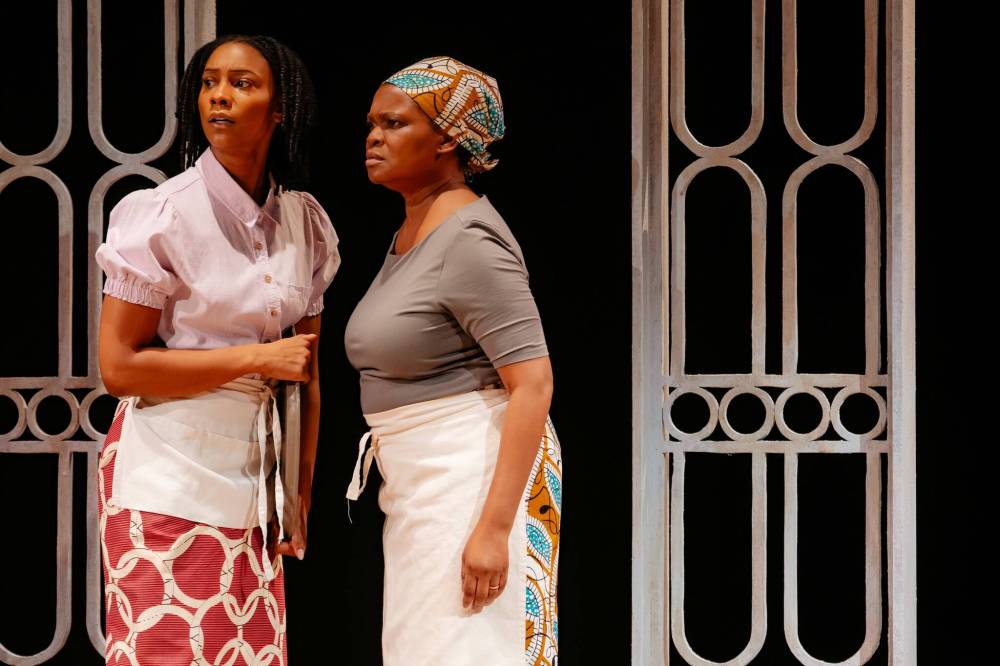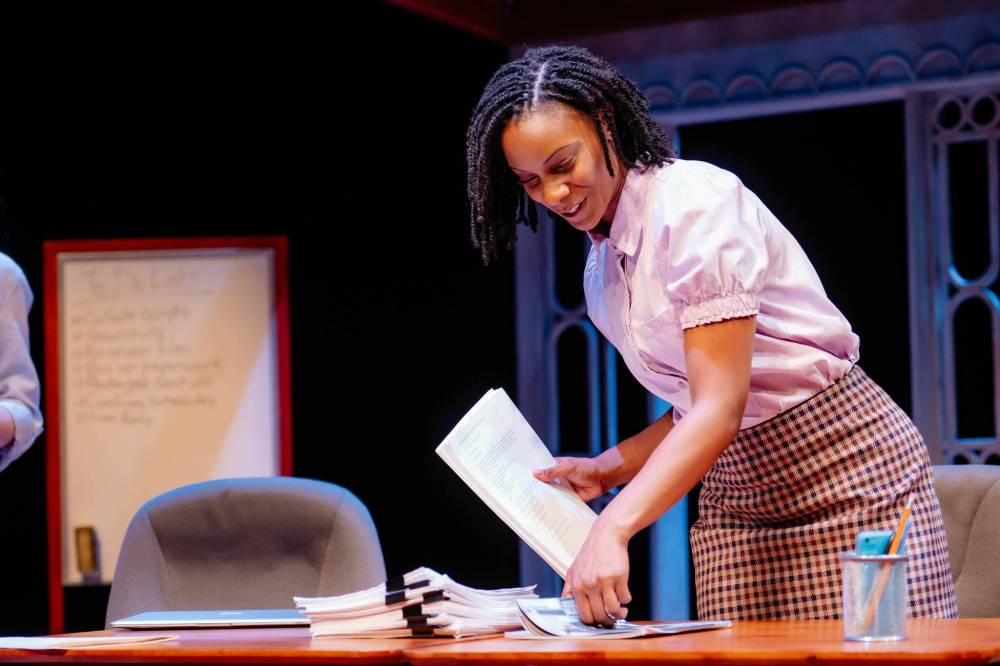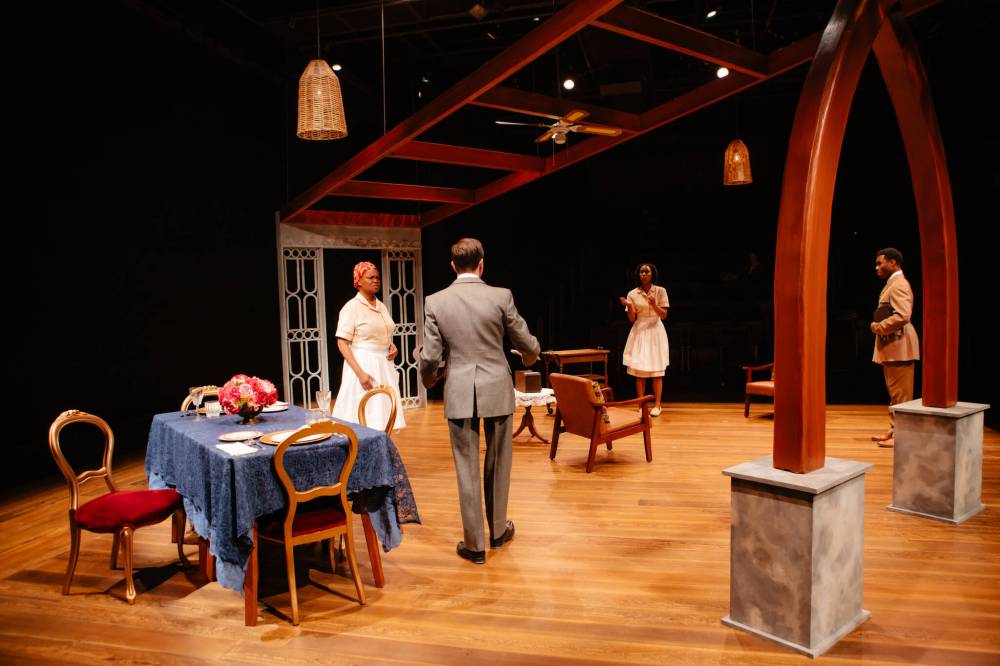Elizabeth served by greatness
Read this article for free:
or
Already have an account? Log in here »
To continue reading, please subscribe:
Monthly Digital Subscription
$0 for the first 4 weeks*
- Enjoy unlimited reading on winnipegfreepress.com
- Read the E-Edition, our digital replica newspaper
- Access News Break, our award-winning app
- Play interactive puzzles
*No charge for 4 weeks then price increases to the regular rate of $19.00 plus GST every four weeks. Offer available to new and qualified returning subscribers only. Cancel any time.
Monthly Digital Subscription
$4.75/week*
- Enjoy unlimited reading on winnipegfreepress.com
- Read the E-Edition, our digital replica newspaper
- Access News Break, our award-winning app
- Play interactive puzzles
*Billed as $19 plus GST every four weeks. Cancel any time.
To continue reading, please subscribe:
Add Free Press access to your Brandon Sun subscription for only an additional
$1 for the first 4 weeks*
*Your next subscription payment will increase by $1.00 and you will be charged $16.99 plus GST for four weeks. After four weeks, your payment will increase to $23.99 plus GST every four weeks.
Read unlimited articles for free today:
or
Already have an account? Log in here »
An early zinger encapsulates the ethos of Marcia Johnson’s Serving Elizabeth in three seemingly simple words.
After stiff-upper-lipped royal envoy Lester Talbot blithely informs Kenyan restaurant proprietor Mercy that the young Princess Elizabeth with her husband, the Duke of Edinburgh, will soon be visiting “Royal Lodge,” the feisty Mercy shoots back: “It’s Sagana Lodge.”
The two-act drama, which opened Wednesday at Prairie Theatre Exchange’s Cherry Karpyshin Mainstage, throws a plumb line into potent issues of race, representation and agency. It explores whose voice gets to tell critical stories in history, politics, literature and art in a whitewashed world.

Supplied
As the play begins in 1952, Kenyan restaurateur Mercy (Bola Aiyeola) and daughter Faith (Reena Jolly) are told to prepare for a royal visit.
THEATRE REVIEW
Serving Elizabeth
Prairie Theatre Exchange
To Nov. 23
3.5 out of five
Premièred by Western Canada Theatre and Thousand Islands Playhouse in 2020/21, with a run at the Stratford Festival in 2021, Serving Elizabeth is essentially Johnson’s “response play” to hit Netflix series The Crown, which chronicles the life of Queen Elizabeth.
The Jamaican-born, Toronto-based playwright was inspired by the TV show’s inherent cultural biases, especially that Black characters were only bit players in its Kenyan episode, mirrored here.
The play begins in 1952, months away from the Mau Mau rebellion against British colonials in the small town of Kyeri, where Mercy (Bola Aiyeola; also Patricia) and her 21-year old daughter, Faith (Reena Jolly; also Tia), receive a surprise visit from Talbot (Tom Keenan; also Maurice/Man). He is seeking a more authentic, regional flavour — literally — for the royal entourage of Princess Elizabeth (Ava Darrach-Gagnon; also appearing as Robin/Ashley/Woman).
After Mercy declares, “Why do we always have to make life easier for the English?” her more practically minded daughter forges her signature on the lucrative contract, which will support a private nurse for her ailing father. It ensures the two women will be trained in pinkie-raising etiquette, in order to serve the royal visitors just so.
But that’s not all: the narrative ricochets between 1952 and 2015 London, England, on the eve of Brexit, where Tia, a young Canadian intern with Kenyan roots, is working on a British TV series suspiciously similar to The Crown.
She challenges its creator/writer Maurice about his own cultural prejudices, which see him happy to fabricate white characters to tell a story, while denying voice to its Black players — real or otherwise.
Director Cherissa Richards deftly navigates the often-dizzying shifts between time and place, with grainy, black-and-white archival film footage projected onto the upstage wall helping to smooth the leap-frogging transitions.

Supplied
In the end, Mercy (Bola Aiyeola) stands her ground with Princess Elizabeth.
Rachel Forbes’ effective, multi-purpose set of arches, desks and chairs morphs between mid-century restaurant — with a nifty revolving ceiling fan conjuring the blistering heat of Africa — and modern-day office space (although the seemingly constant schlepping of chairs on and offstage by cast members breaks up the action).
Her costume design ranges from elements of traditional African dress to buttoned-down contemporary wear, with her props, including a period radio, dressing the set with authenticity. Lighting designer Scott Henderson provides spot-on hues that are both functional and evocative. Also of note is an original score by Paul De Gurse.
A special shoutout goes to dialect coaches Tom Soares (British) and Peter N. Bailey (Kenyan) for helping the actors seamlessly slip between convincing accents throughout.
This serious-themed plot abounds with many moments of levity; however, the broad-strokes sitcom-style comedy, including characters’ mugging hyper-exaggerated reactions to each other, often weakens the overall production.
Several scenes, such as Tia’s imagining of her cheesy rom-com script, Sailing into Love, gamely acted out by Keenan and Darrach-Gagnon, elicited guffaws from the mixed-ages crowd, but could easily be thrown overboard. However, Talbot’s teaching Faith how to properly curtsy is quite funny, while smacking of white-male paternalism in microcosm.
Johnson shies away from letting the characters provide their backstory, which is a missed opportunity. One longs to hear Mercy’s tales of political activism from her own mouth; the several all-too-fleeting references to her character’s marching in the 1947 Murang’a women’s revolt are only paid lip service.
These scenes would have added further grist to this mill, infusing the play with raw, powerful emotion as its backbone, while offering further historical context.
Nonetheless, the strong cast does an admirable job shapeshifting among their multiple roles through the 130-minute production (including intermission).

Supplied
The strong cast of Serving Elizabeth does an admirable job shapeshifting among their multiple roles.
Jolly and Aiyeola deliver passionate performances, while Darrach-Gagnon creates a sensitive, listening Princess Elizabeth, providing an empathic balm for colonial wounds during her final conversation with Mercy — the latter literally standing her own ground with Elizabeth, refusing to curtsy and instead proffering her hand as “woman to woman,” rightfully garnered loud cheers from the opening-night audience.
Cameron Grant’s portrayal of Montague (also Steven) is fascinating, as he arguably becomes a traitor to his own people by shuttling the British royals, including Talbot, as their dutiful Kenyan chauffeur.
Talbot’s wise declaration that “times are changing” persists as a hope for a new generation, even, or especially, in 2025. While Serving Elizabeth may not prove to be everyone’s cup of tea, this thoughtfully conceived play with its prescient themes provides a healthy serving of African spiced chai, as welcome as a pot of Red Rose.
holly.harris@shaw.ca


